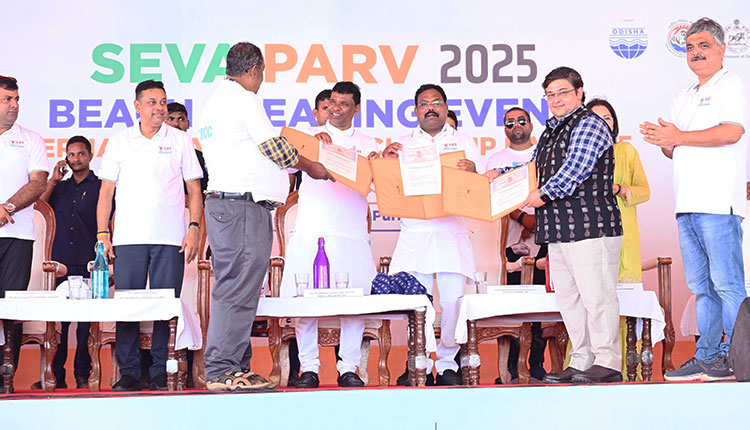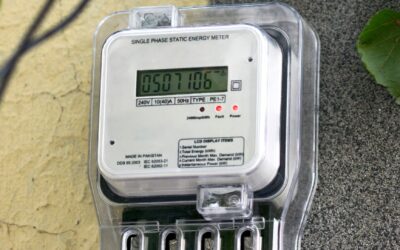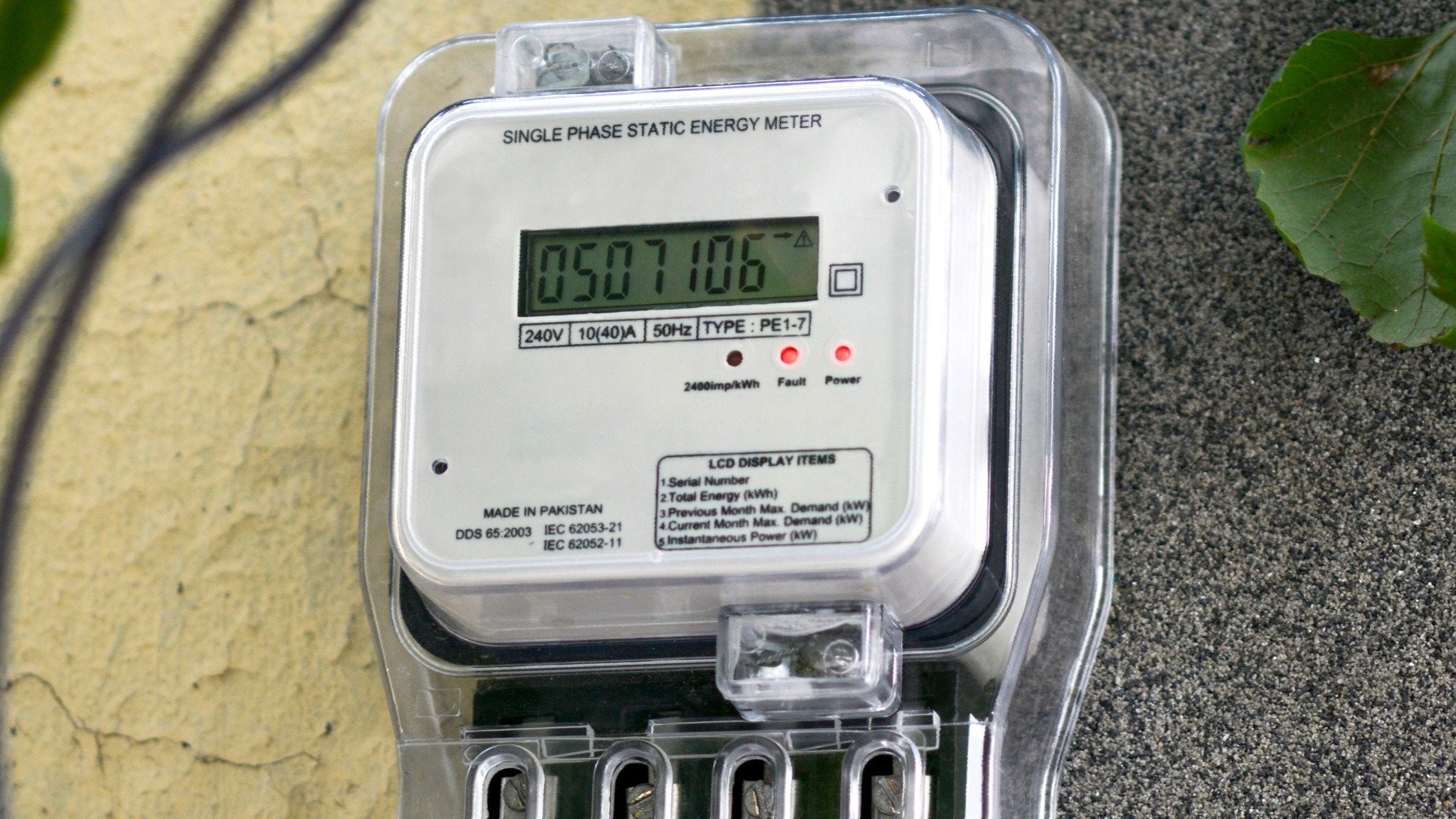Odisha to Set Up First Mud Crab Hatchery in Paradip

Tripartite MoU signed to boost blue economy, support farmers, and reduce pressure on wild crab populations
Bhubaneswar: In a significant step towards strengthening Odisha’s blue economy and supporting local aquaculture farmers, the state government will soon set up its first mud crab hatchery in Paradip. The facility, aimed at reducing dependence on external sources and stabilizing supply, will be developed under the Enhancing Climate Resilience of India’s Coastal Communities (ECRICC) project.
Agreement for Crab Hatchery Development
A tripartite Memorandum of Understanding (MoU) was recently signed among the Fisheries and Animal Resources Development Department, the Rajiv Gandhi Centre for Aquaculture (RGCA), and the ECRICC-Odisha project.
The hatchery will be established with an estimated investment of ₹3.58 crore, with the Fisheries Department providing infrastructure, ECRICC extending financial support, and RGCA offering technical expertise. According to Prem Kumar Jha, PCCF (Wildlife) and State Project Director of ECRICC, “The hatchery is projected to produce one million quality crab seeds annually, providing a stable and reliable source of livelihood for local farmers, while also easing pressure on wild crab populations.”
Reducing Dependence on Chennai
At present, mud crab farmers in Odisha rely heavily on the RGCA facility in Chennai for seed supply. This dependence often results in higher costs and irregular availability, limiting the sector’s growth potential. The proposed hatchery at Paradip will directly address this gap by ensuring that Odisha farmers have access to locally produced, high-quality crab seeds.
Officials added that the hatchery, with its large production capacity, will not only meet domestic demand but also boost Odisha’s potential in the global seafood export market, where mud crabs are highly valued.
Economic and Environmental Benefits
The initiative is expected to generate multiple benefits. For local communities, the hatchery will provide new livelihood opportunities and reduce risks associated with fluctuating crab seed supply. For the environment, it will help conserve wild crab stocks, which are under increasing pressure from overharvesting.
“The project reflects a sustainable balance—supporting livelihoods while safeguarding marine biodiversity,” Jha said, stressing that the hatchery is designed to align with climate resilience goals.
Backing from Global Climate Fund
The project is being implemented under the ECRICC initiative, supported by the Green Climate Fund (GCF). This international support highlights the global recognition of Odisha’s efforts to integrate climate adaptation with coastal livelihood enhancement.
The hatchery’s establishment at Paradip—a strategic coastal hub—ensures that the seeds can be efficiently distributed across Odisha’s aquaculture belts, benefitting farmers in districts such as Jagatsinghpur, Kendrapara, and Balasore, where crab farming is gaining momentum.
Boost to Odisha’s Blue Economy
The Fisheries Department has described the hatchery as a cornerstone project that will significantly contribute to the state’s blue economy—a term used to describe sustainable use of ocean resources for economic growth, improved livelihoods, and ocean ecosystem health.
By producing one million crab seeds annually, the hatchery will not only enhance Odisha’s seafood exports but also position the state as a key player in India’s aquaculture landscape. The facility is expected to encourage more farmers to take up crab farming, given the assured availability of seeds and technical support from RGCA.
With this development, Odisha is moving towards self-reliance in crab farming. “We plan to establish the hatchery in Paradip, and the products will be supplied across the state to meet local demand,” Jha emphasized.
The project is seen as the beginning of a broader effort to strengthen Odisha’s aquaculture sector with modern facilities, technical expertise, and climate-resilient practices. It also signals the government’s commitment to aligning livelihood opportunities with ecological sustainability.








